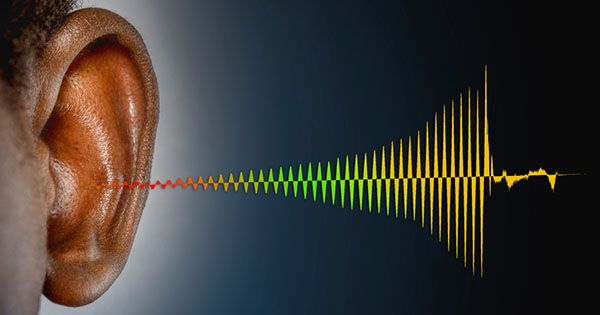Ear training is a great way to help singers with pitching issues. Top vocal coach Nerissa Campbell shares her tips on how to get started with beginners.
As an experienced vocal coach, New York-based Nerissa Campbell has helped many students improve their pitch.
The Australian-born singer uses a host of strategies and exercises to get the best out of students but always keeps one over-arching principle in mind.
Campbell is careful not to go too fast, too soon, especially if the student is new to singing or has not had formal music lessons. After all, singing is not just about the voice and the ear – the mind plays a big part too. And if a student is finding their feet as a performer, strong criticism can fluster them and exacerbate pitching problems.
The power of psychology
“Psychology is something that I bear in mind when I start,” Campbell says. “Many students come to singing lessons with baggage about whether they can or can’t sing, and whether they’re off-key. If you are too critical, the student can freeze up or panic.”
Ear training for beginners – first steps
Don’t go in all guns blazing. Start by asking questions and listening. Campbell begins by playing a five-note warm up on the piano and asking the student to sing it.
“If they are out of key I don’t come right out and say it. Instead, I ask the singer for their views. How do they think they sound? How does it feel to them?”
Campbell then moves on to a five-note scale ascending. Again, she is interested in the singer’s take on how things are going. “My aim is to help the student. I want them to be able to understand their voice intimately so that eventually they can adjust things when they need to.”
If a singer knows that they are off pitch, Campbell asks them to elaborate. She also makes sure she strikes an encouraging tone.
“Positive reinforcement is super helpful,” she says. “I congratulate them for being able to recognise that they are off pitch and explain that we can fix it because they can hear it. You don’t want to tell them things that aren’t true, but positivity is key.”
What comes next?
Campbell then uses a series of exercises to guide the student. It is important to pace lessons to suit your student’s needs as some will pick things up quickly while others will take a little longer.
For a complete rundown of the strategies Campbell uses in her lessons, watch her useful BAST webinar Ear Training for Beginners. In the video, she talks about slides, scales, digital takeaways and much, much more.
If you’re a full BAST Training member log-in and watch the webinar or sign up to become a member today. Club, monthly and annual members get access to a host of great webinars from top vocal coaches and voice scientists.




